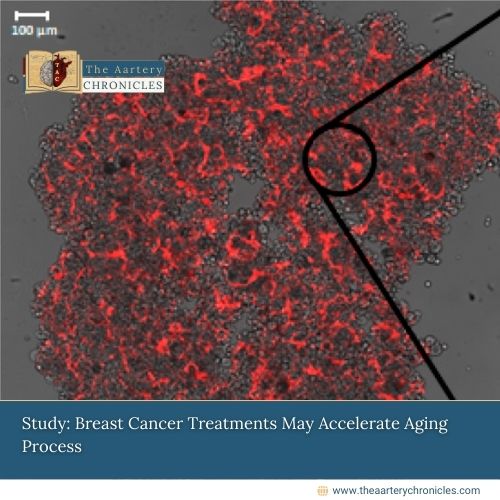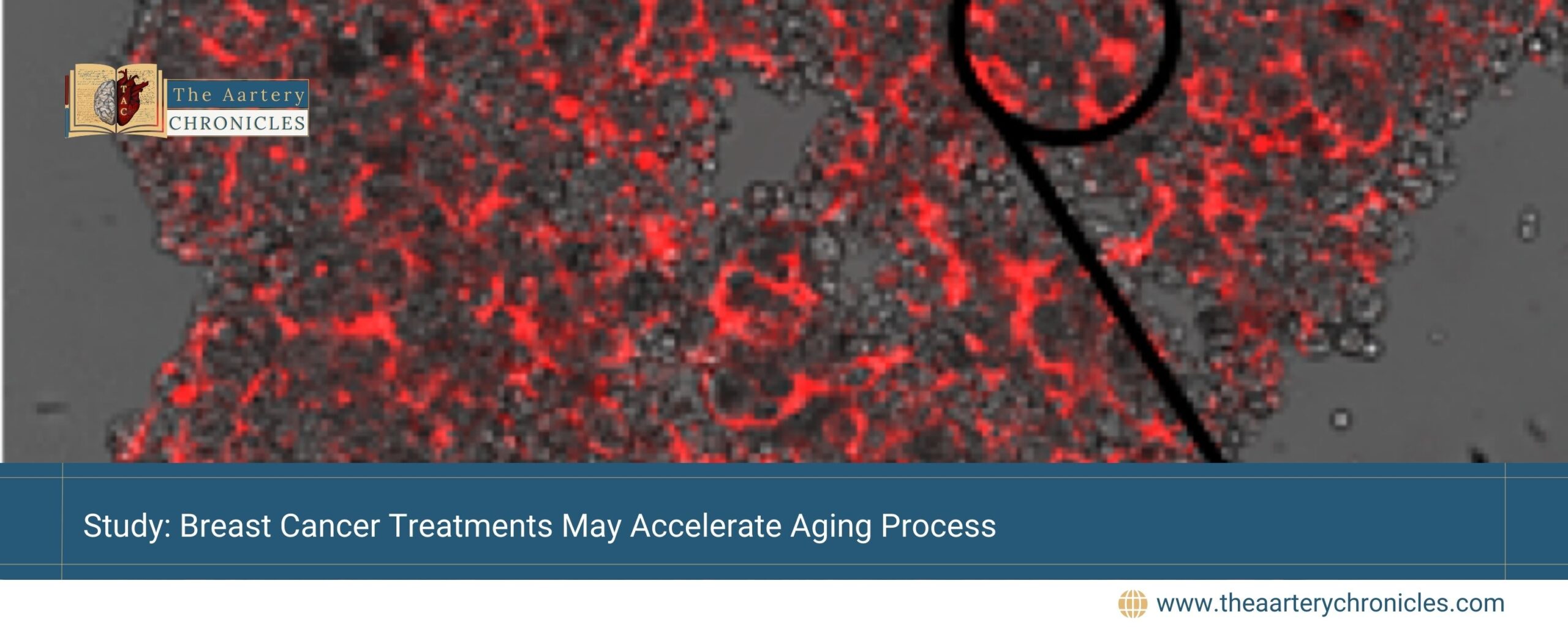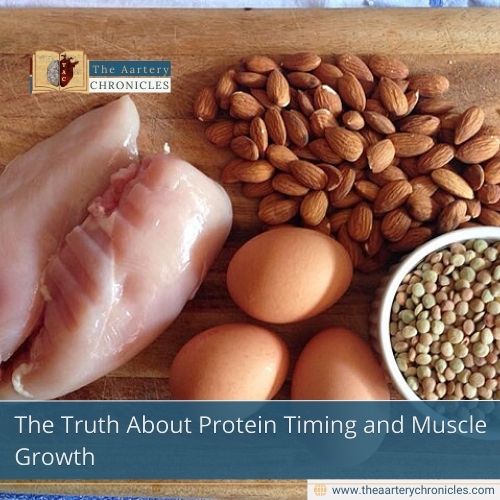

Study: Breast Cancer Treatments May accelerate Aging Process
New research from UCLA Health Jonsson Comprehensive Cancer Center highlights the potential long-term effects of common breast cancer treatments.
Introduction
A recent study led by researchers at UCLA Health has found that common treatments for breast cancer, such as chemotherapy, radiation, and surgery, may speed up the biological aging process in survivors. This discovery shows that these treatments could have a more extensive impact on the body than previously thought.
Biological Aging Markers Increase After Treatment
The study, published in the Journal of the National Cancer Institute, revealed that certain markers associated with cellular aging, including DNA damage, cellular senescence (where cells stop dividing but don’t die), and inflammation, increased in all breast cancer survivors. These findings were consistent across survivors, regardless of the type of treatment they received.
Dr. Judith Carroll, the study’s lead author and an associate professor at UCLA, explained, “We used to think these aging signals were primarily caused by chemotherapy, but now we see them in patients who only had radiation or surgery.”
Breast Cancer and Aging: A Growing Concern
Thanks to advancements in cancer therapies, survival rates for breast cancer have improved, with an estimated 4 million survivors in the U.S. alone, and more than 6 million expected by 2040. However, many survivors experience accelerated aging, which can lead to problems such as fatigue, cognitive decline, frailty, and cardiovascular issues.
The study suggests that the aging process is connected to these post-treatment conditions, making it essential to understand the specific pathways involved. This will help develop better strategies for managing the effects of breast cancer treatments.
Study Tracks Gene Changes Over Two Years
The researchers followed breast cancer patients over two years, tracking changes in their gene expression before and after treatment. They focused on genes linked to aging processes, especially those involved in cellular senescence, which produces harmful substances that damage healthy cells and contribute to inflammation.
The analysis showed that, regardless of the treatment type, there was an increase in the expression of genes involved in cellular aging and inflammation. The results also indicated that even without chemotherapy, women experienced similar patterns of DNA damage and immune system aging.
Impact on Survivorship and Future Research
Dr. Julienne Bower, senior author of the study, noted that these findings are an important step in understanding the biological pathways that lead to post-treatment symptoms in breast cancer survivors. The goal is to improve both the quality of life and overall health during survivorship.
The research team is now investigating a new biomarker that could measure a woman’s biological age and how quickly she is ageing. This may help determine whether the ageing signals seen during treatment have long-lasting effects on the body. They are also exploring protective measures, such as exercise, stress management, and healthy sleep, to potentially slow down the ageing process in survivors.
The study was conducted by a team of UCLA researchers, including Catherine Crespi, Steve Cole, Patricia Ganz, and Laura Petersen.
Source: Inputs from various media Sources









